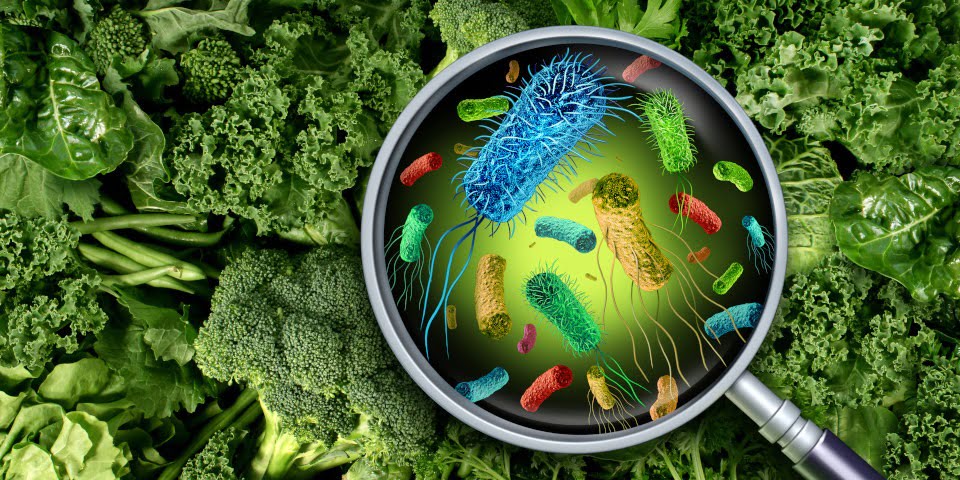Listeria is potentially fatal and one in three Australians are either at risk of getting the infection or live in a household with someone at risk.
“This means it’s likely that some of your Christmas guests may be at risk of listeria infection which, although a comparatively rare form of illness, can be very serious,” Food Safety Information Council Chair Rachelle Williams said.
The Council is advising people to check if any of the family or friends they are entertaining over the Christmas period are at risk from the deadly food-poisoning infection.
Those most at risk include:
- Pregnant women and their unborn babies.
- People who have diabetes, cancer or suppressed immune systems due to other chronic diseases such as leukaemia, HIV, diabetes, liver or kidney disease, cirrhosis or ulcerative colitis.
- Older people (generally those aged over 65) depending on their state of health.
- People taking a medicine that suppresses their immune system (eg, prednisone or cortisone).
- Organ transplant patients.
Those entertaining at Christmas are advised that if their guests are at risk of listeria infection, serving or cooking the following foods should be avoided where possible:
- Unpackaged ready-to-eat meat from delicatessen counters and sandwich bars, cold cooked chicken bought ready to eat, and refrigerated paté or meat spreads.
- All soft, semi-soft and surface-ripened cheeses, unpasteurised dairy products (eg, raw milk or cheeses) and soft-serve ice-cream.
- Pre-prepared or pre-packaged cut fruit and vegetable salads, pre-cut fruit and vegetables that will be eaten raw, frozen fruit or vegetables that may not be further cooked, such as berries, peas and sweet corn, rockmelon, cantaloupes and bean or seed sprouts
- Raw seafood such as oysters, sashimi or sushi, smoked ready-to-eat seafood, ready-to-eat peeled prawns (cooked) and prawn or seafood salads.
The Council says high-risk items can be found in virtually any food outlet, including in restaurant food, so awareness of what is being served is important, as well as keeping an eye out for signs of risk.
Risk of listeria infection, as well as other forms of food poisoning, is reduced when these food-safety principles are followed:
- Always wash hands with soap and running water and dry thoroughly before handling food, and keep food utensils and cooking areas clean.
- Listeria can grow at refrigeration temperatures, so ready-to-eat food or leftovers should never be stored in the fridge for more than 24 hours.
- Make sure the fridge is keeping food at or less than 5°C.
- Avoid refrigerated foods that are past their use-by date.
- Refrigerate leftovers promptly and use within 24 hours.
- Always follow cooking and storage instructions on the food package label.
- Cook high-risk foods such as turkey and other poultry, minced meat, sausages, hamburgers and leftovers to at least 75°C.
- Cook egg dishes, such as quiche, to 72°C in the centre (or until the white is firm and the yolk thickens).
- Cook frozen fruit and vegetables.






